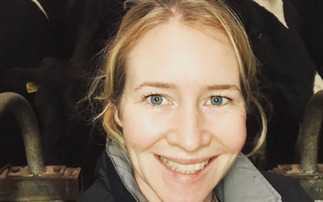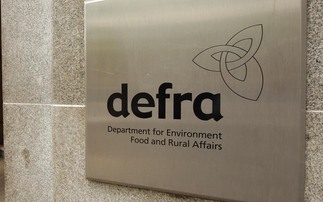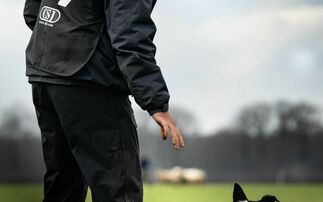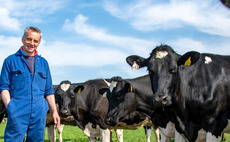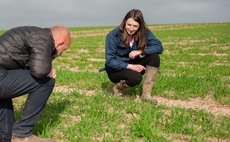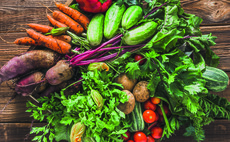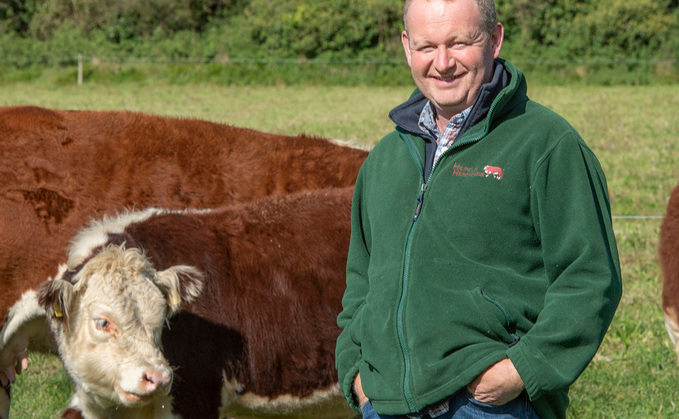
Calving is well underway with our senior cow Julia kicking things off in mid-February with a lovely heifer calf.
There has been a steady stream of calves ever since, the majority of which being the progeny of our old stock bull Albany Giovanni.
As is the Hereford way, the new arrivals have all been easy calving, with the exception of one breech that necessitated a late night vet visit.
The bull calf was delivered safely, however, and by the time we finally went to bed at 2.30am, he was up and sucking.
I am big fan of promoting our herd on Facebook and calving time seems to be a popular viewing subject.
It is amazing how a photo or video posted from our farm in South Dorset receives one million views worldwide.
We also sometimes receive questions from across the globe with the latest from a farmer in the US wanting to know how he should introduce white markings back into his Hereford cattle.
When preparations for calving started back in January, it was not altogether unsurprising that the farm assurance inspector rang one evening to say that he wanted to carry out our audit.
I explained that of all the times in the year, this was undoubtedly the worst time for an inspection, bearing in mind months had gone by when the visit could have taken place.
Unbelievably, Covid was used as an excuse for the delay.
I was also told that now he had made contact with me, he was obliged to carry out the audit. A date was therefore pencilled into the diary.
When the day drew closer, it was quite obvious to me that it was a bad idea as calves were arriving and other cows were looking close to calving.
A phone call to the farm assurance head office then lead to the inspector ringing me to threaten me with a cancellation fee.
Our audit did not take place and the matter is yet to be resolved. It is ironic that farmers are expected to be as organised as possible with their record keeping and yet it is the auditors who need auditing themselves to rectify their disorganisation.
A few days ago, I was invited by the local NFU group secretary to attend a meeting on the subject of reaching the target of net zero greenhouse gas emissions for agriculture in England and Wales by 2040.
Possibly my invitation was an olive branch as I wasnt overly complimentary about the NFU in my last FG column.
The meeting was led by a NFU livestock adviser and was very enlightening, but probably more so because of the scepticism of the audience with regards data collection and sharing.
The overriding feeling seemed to be that farmers were once again making a rod for their own backs by signing up to the targets, much in the same way as farm assurance has become a millstone around farmers necks.
With UK farmers facing ever more burgeoning constraints and pressures, one aspect that very often goes unmentioned is that of the issues of being a tenant farmer.
When Kate and I were looking for a new farm to rent in 2016, the choice in Dorset was minimal to say the least, and two farms that did come available happened to be council farms.
We have now been at our farm for six years and we have worked very hard to improve it, but it has been unnecessarily wearing in a lot of respects.
With no short or long term strategy in place for the countys farms, and the mental health and wellbeing manual clearly not on the bedtime reading list of our landlords representatives, the future is uncertain.
With this being my final article, I would just like to add that it has been a privilege to share my ramblings and stories from our farm. Sunday evenings without having to write at the last minute, will never be the same again.








